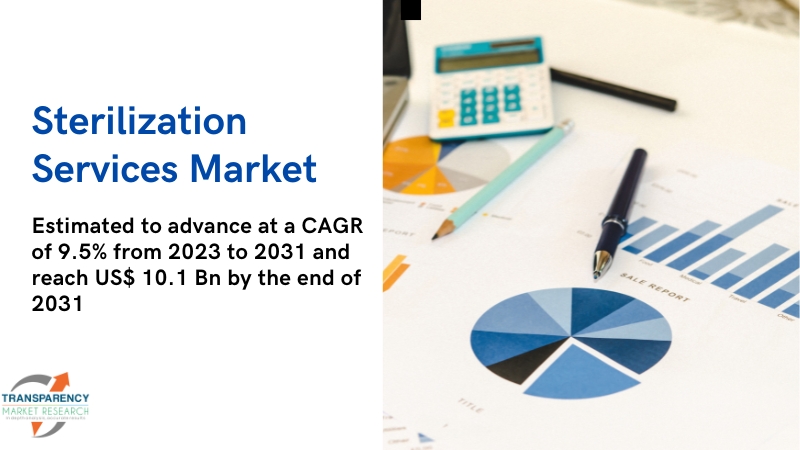
AI is changing the industries of the world at a breaking pace, and Australia is not falling behind. With the development of AI technology, enormous job opportunities are opening in all sectors. According to the latest reports, AI will create as many as 200,000 jobs in Australia by 2030.
The article examines the major sectors where AI-related jobs in 2024 are growing and whether this affects the economy in Australia. AI technologies are well under use in the financial services industry. In financial services, AI technologies have been deployed to enhance customer service, fraud detection, and operations.
The need for AI-skilled professionals in this sector will record an exponential increase in 2024. AI algorithms are applied for data analysis on a large scale, market trend predictions, and automation of the trading processes. This boosts efficiency but reduces the cost of operations.
The use of AI in finance is resulting in an increased need for data scientists, AI engineers, and cybersecurity experts. In the sector of professional services, including consulting, law, and accounting firms, there is a greater reliance on AI. For instance, AI-powered tools are applied in document analysis, reviewing contracts, and predicting financial reports.
All these tools make sure that professionals can make informed decisions and deliver quality services to their clients. The introduction of AI in professional services brings forth a new avenue for the employment of AI specialists, software developers, and business analysts. Since AI integration is being integrated into firms' operations, it is quite certain that more skilled professionals in this area will be needed.
The ICT sector is the driving force for innovation from AI. The AI technologies are applied in creating new software, improved cybersecurity measurements, and management of the network. In 2024, the ICT sector is going to see a considerable rise in posts within jobs related to AI.
Organizations are in search of AI professionals who can develop machine-learning models, design smart systems, and work on big-data projects. The growth of AI in ICT is also creating a demand for trainers and educators to teach students and train the workforce with the required skills. AI in the healthcare industry is changing, making diagnoses better, making treatment plans personalized, and providing care for patients in a much better way.
These AI systems can look at medical images, predict the outbreak of diseases, and provide facilities for drug discovery among other things. Today, the healthcare industry needs more professionals in AI, including bioinformaticians, AI researchers, and healthcare data analysts. In the future, with AI's continued development, it's going to play a significant role in solving healthcare problems.
As well as improving the results of patient treatments. Manufacturing uses AI to streamline production processes, minimize downtime, and increase the quality of their products. Predictive maintenance systems from AI can sense possible failure equipment before it occurs, thereby preventing/minimizing disruptions.
The use of robots and automation systems , which are AI-enabled, also improves shop floor efficiency and productivity. The sector also opens employment opportunities for robotics engineers, AI specialists, and industrial data scientists as AI becomes integral in manufacturing. With the in-action trend of applying AI technologies in the industry, demand for such expert professionals in similar sectors is expected to grow higher.
AI will transform agriculture because it introduces precision farming, increases crop yields, and reduces the utilization of all resources. Crop health monitoring, optimization of irrigation, and pests are detected using AI-enabled drones and sensors. This technology enables farmers to become data-driven and enhance agricultural productivity.
AI adoption in agriculture can employ agronomists, AI developers, and data analysts. The sector will require skilled professionals if it embraces AI. AI is creating many job opportunities for Australians in a wide variety of sectors, like financial services sector, professional services, ICT and healthcare.
As AI evolves further in the future, it will contribute immensely to economic growth, thereby enhancing productivity at the same time. However, it is only through the proper equipping of its workforce with AI related skills, Australia will compete globally and be able to harness AI technology to its fullest potential..














